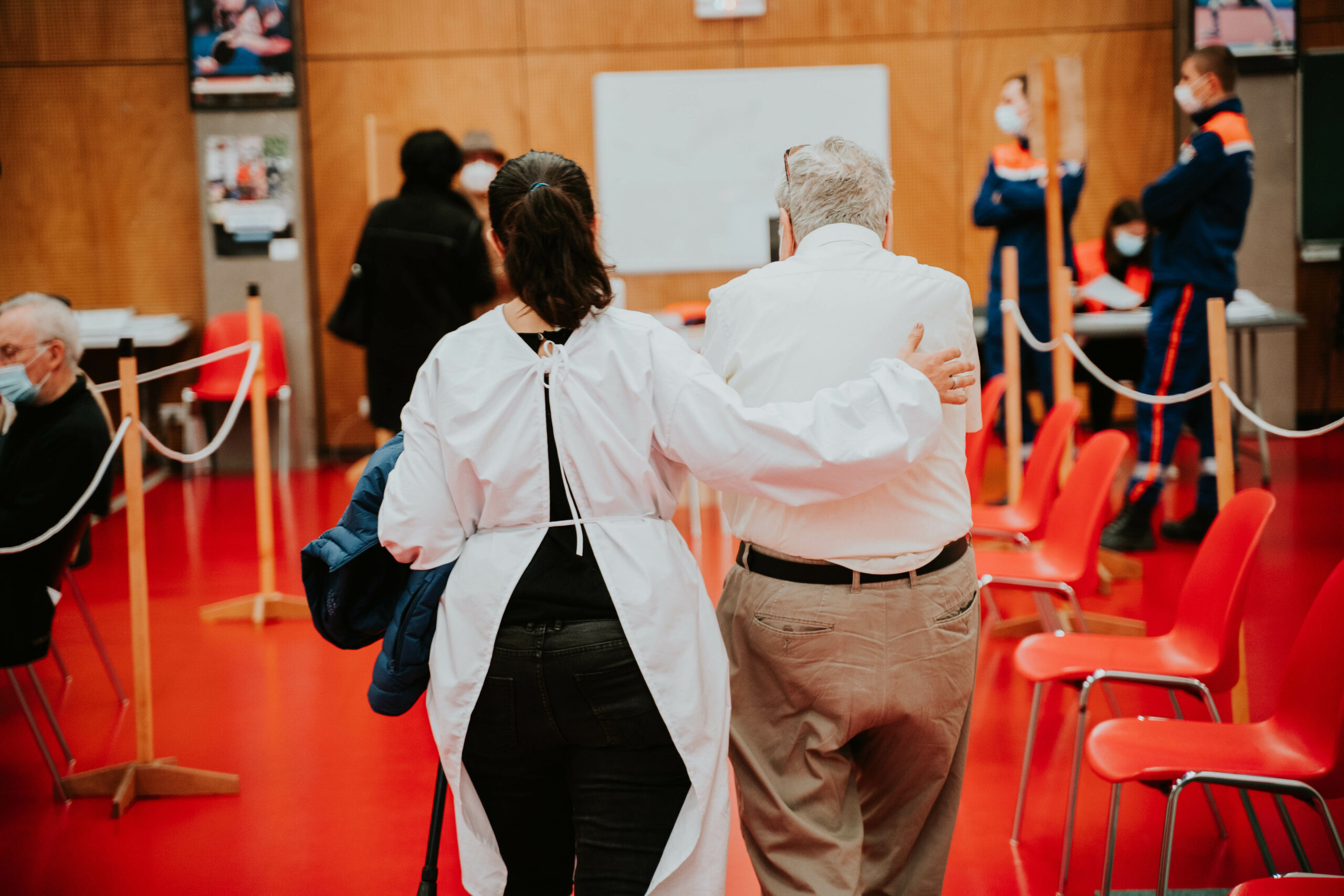Although vaccines, boosters and anti-viral treatments have changed the COVID-19 landscape, the endemic virus is still a serious concern for older adults and people with underlying chronic health conditions. Long COVID, or post-COVID, can take a significant toll on some older people, and the ongoing symptoms can cause cognitive and physical impairment that can last months, or longer.
According to a recent New York Times report in The New Old Age, about 11 percent of American adults have developed long COVID following infection with the virus. The Centers for Disease Control and Prevention recently reported a drop in the number of patients suffering from long COVID, from 19 percent between June 2022 and 2023, suggesting some adults are recovering from the syndrome.
Adults over the age of 60 have lower rates of long-term COVID than people aged 30 to 59, which may reflect higher rates of vaccination and boosting, as well as a greater likelihood of masking and avoiding crowds among these more vulnerable populations. Biological factors may also be involved in the occurrence of long COVID.
Long COVID, as defined by the CDC, occurs when “symptoms persist a month or more after infection”. The World Health Organization defines the condition as “the continuation or development of new symptoms three months after the initial infection, lasting a least two months with no other explanation”. Symptoms can include breathing problems, cardiovascular and metabolic disease, kidney disease, gastrointestinal issues, cognitive difficulties, fatigue, muscle pain or weakness, and mental health problems. These symptoms may last as long as two years.
Long COVID is more likely to occur following severe illness requiring hospitalization and persist longer among these patients. But it can also stem from mild infection or a primary or subsequent COVID-19 illness. Treatment with the anti-viral Paxlovid can reduce the risk of long COVID by about 20 percent among patients in their 60s and by nearly 34 percent among those over 70, according to Reuters.
Vaccines and boosters can reduce the risk of contracting COVID, and experiencing long COVID. If you do become infected with the virus, be sure to test to make sure it is COVID and talk with your doctor to see if you are eligible for Paxlovid. Support groups may also be helpful for patients experiencing long COVID.






Add Your Voice
0 Comments
Join the Discussion